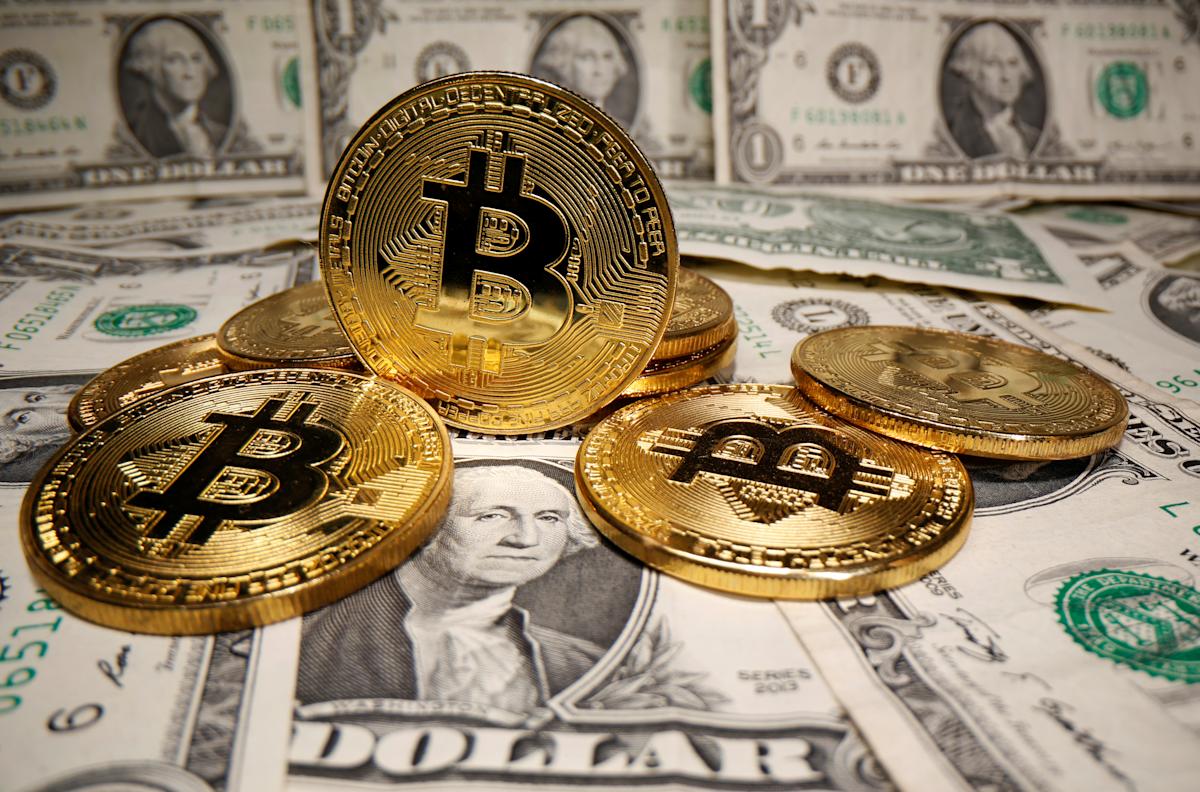
Bitcoin is a good way to hedge against inflation. According to a survey, it depends on who you ask and even more important, where they live.
According to the survey by the cryptocurrency exchange Gemini, those who live in countries where the value of their local currency has dropped 50% or more over the past decade (South Africa, Mexico and India) were five times more likely than others to plan to buy cryptocurrency in the next year.
Nearly 60% of respondents in regions with hyperinflation, such as Latin America or Africa, said that crypto is the future money. 46% said that certain cryptocurrencies were a great way of protecting against inflation.
However, only 15% and 16% of respondents in the U.S. (15% each) said that cryptocurrencies protect against inflation.
“Our conclusion was that crypto can be considered a nice thing to have if it has a stable currency,” Noah Perleman (Gemini’s chief operating office), told Yahoo Finance. “Compared to a currency that is unstable, it’s almost necessary to have.”
The study was conducted from late November through February and included 29,293 adults living in 20 countries around the globe who have an average annual household income of less than $14,000.
Bitcoin supporters often refer to it as “digital gold”, a hedge against inflation.
According to the theory, government-issued currencies lose value due to central bank money creation. However, bitcoin is resistant to this devaluation due its fixed supply of 21 millions units. The original whitepaper envisioned a future where the cryptocurrency would be “completely inflation free.”
However, cryptocurrencies have closely mirrored other risk-on assets since January. Bitcoin (-4%) is more closely related to the S&P 500 index (+4.4%) than gold (+4.4%), while ether (-8%) has moved more in line with the NASDAQ (-8%)
According to Coinmetrics BTC’s 60-day correlation with the S&P 500 has increased since January. Its 30-day correlation shows a higher mirroring rate of around 70 basis points. However, it briefly fell the first week of March after sanctions were placed on Russia for their invasion of Ukraine.
Steve Hanke, Johns Hopkins University professor of applied economics and known critic of cryptocurrency, said that while crypto’s use to hedge against inflation is not being emphasized, the survey results are still valid.
Currency substitution can be rampant when inflation is high. Everybody wants to move out of junk currency and into a currency with a higher purchasing power. Hanke stated that the U.S. Dollar is king in this regard. He also said that cryptos are a speculative and volatile footnote.
Noelle Acheson from Genesis Trading’s market insights, however, stated that although bitcoin’s use to hedge inflation is not yet proven due to a lack historical evidence, its risk-on behavior can be ‘inherently observed’.
She also pointed out that the survey results showed that respondents in Africa were less likely to be concerned about bitcoin’s volatility and lack of government backing. Latin American respondents were more worried about lack of trust.
Alex Thorn, the head of research at Galaxy Digital, told Yahoo Finance that bitcoin has gold-like properties. It’s rare, global accepted and not backed in government. However, he believes it offers a future in which bitcoin is treated as a digital commodity.
He said, “I don’t know when it will happen, or if it ever starts trading like gold.” The way it trades depends on how investors are trading it. Many investors see bitcoin as a potential upside asset and are therefore hesitant to trade it.

